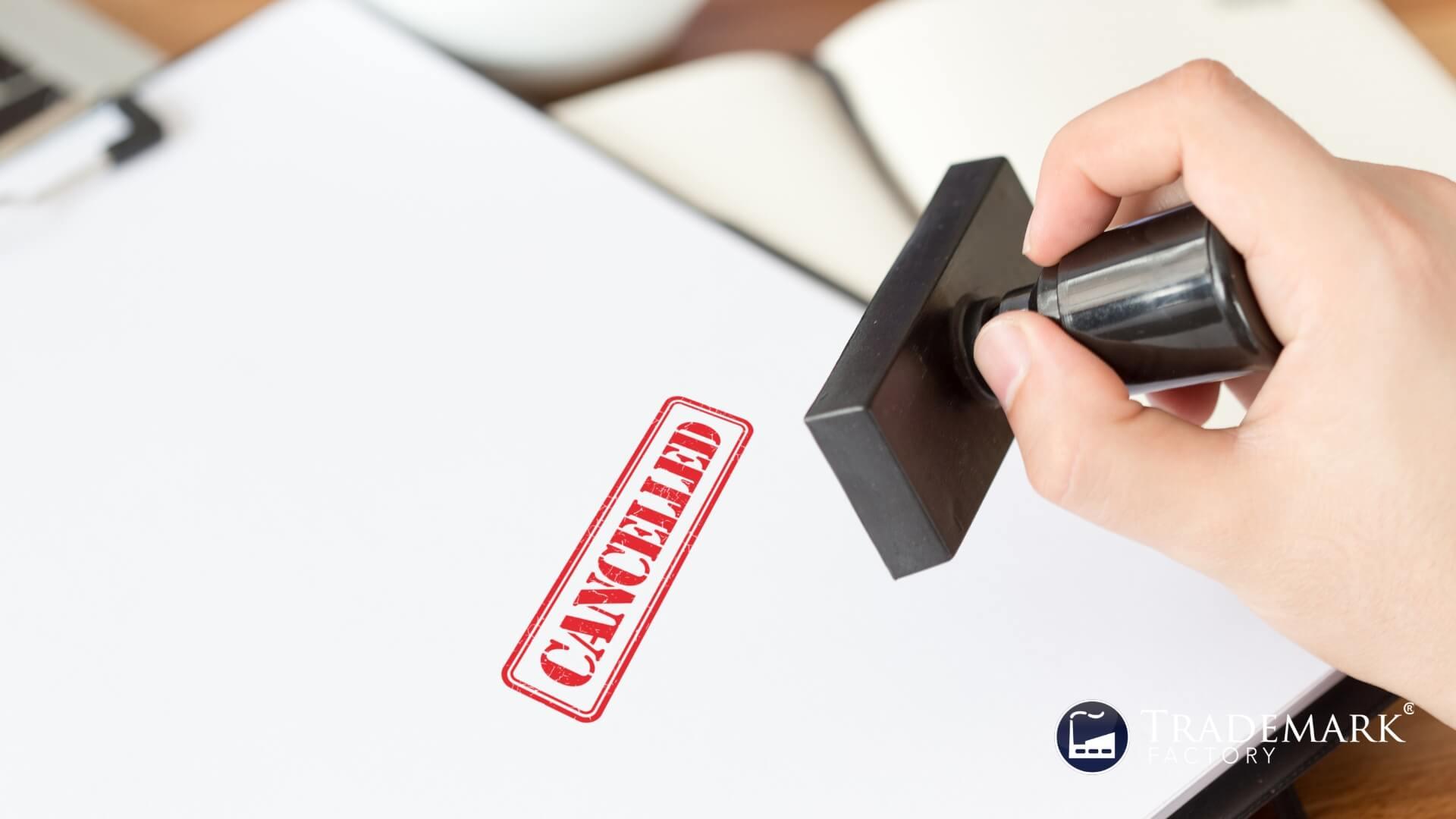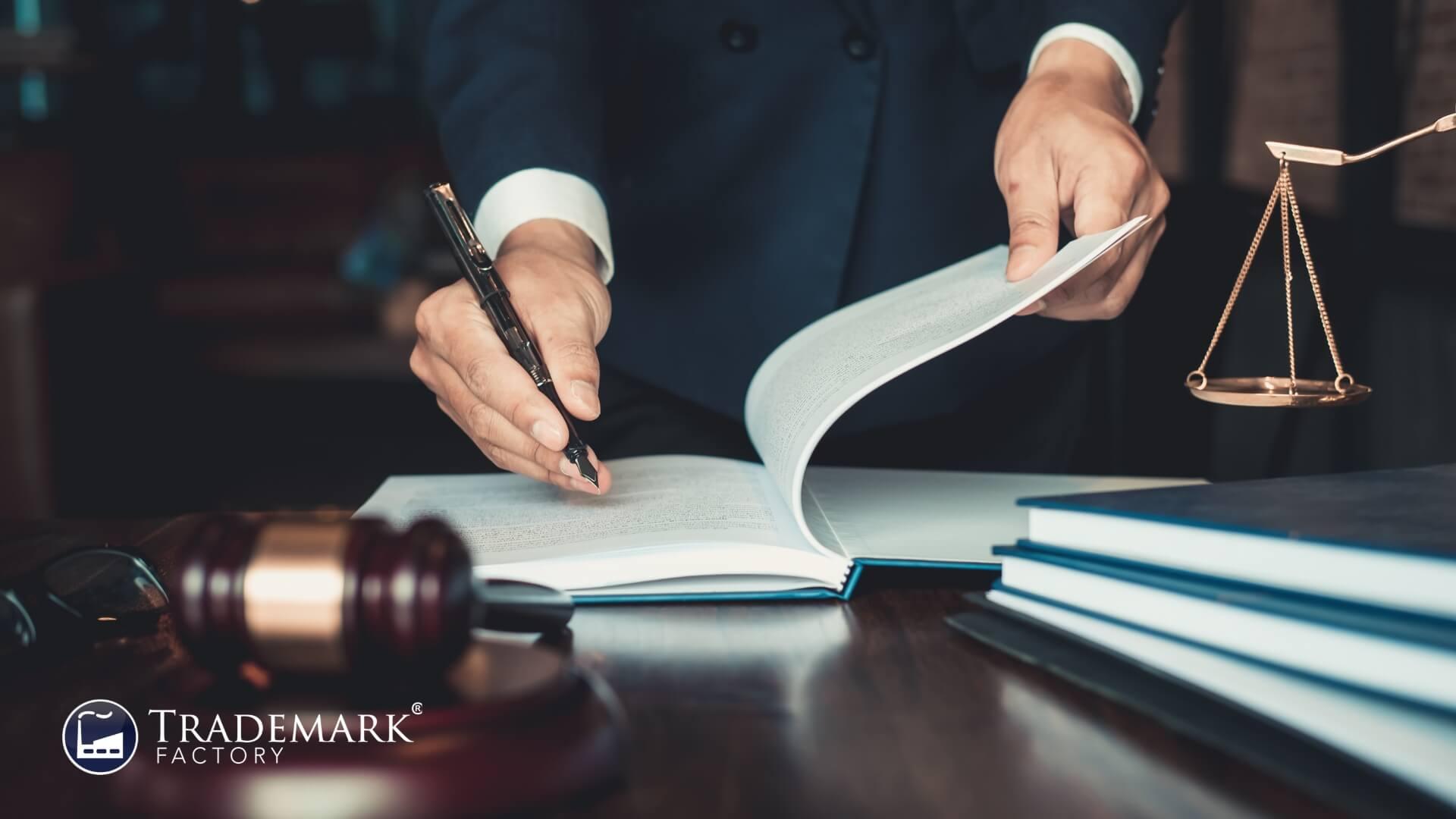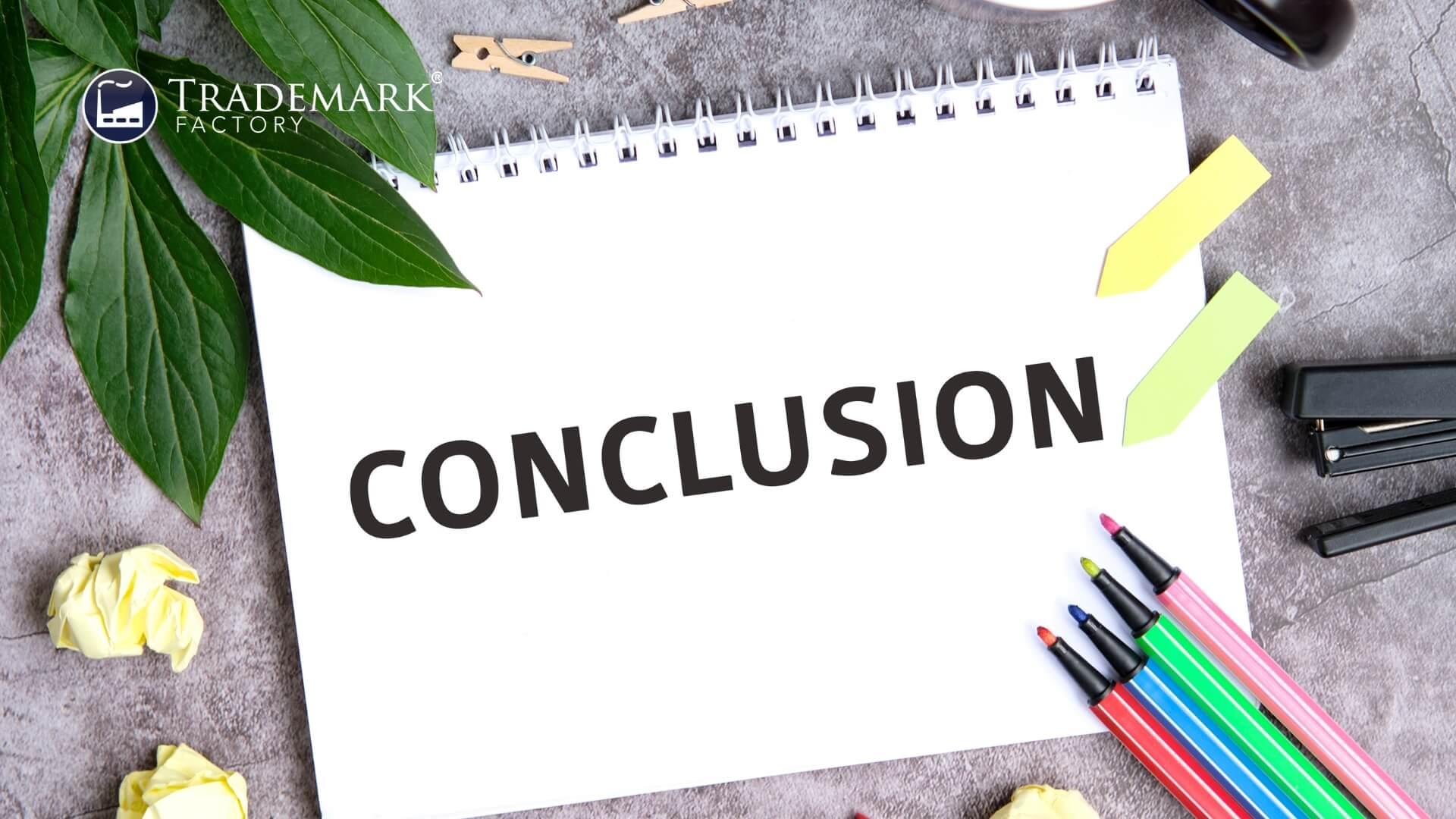Grounds for Initiating Trademark Cancellation Proceedings

This article examines the legal grounds for initiating trademark cancellation proceedings, a critical aspect of intellectual property rights enforcement. It explores key factors such as filing post-registration trademark requirements, time constraints, and potential remedies within these proceedings. By delving into each element systematically, it offers comprehensive insights into this complex area of law - an invaluable resource for those seeking to understand or navigate the landscape of trademark maintenance and trademark cancellation proceedings.
Grounds for Filing a Cancellation Proceeding

Several factors, such as non-use, lack of distinctiveness, prior conflicting rights, and fraudulent acquisition of a trademark registration can constitute grounds for initiating a cancellation proceeding. Understanding these grounds for non use or lack of distinctiveness in the context of conflicting prior rights is crucial to the cancellation process. Examination of fraudulent registration practices follows suit. This leads to the query: who has jurisdiction to initiate this proceeding?
Who Can File a Cancellation Proceeding?

Understanding who possesses the authority to begin a trademark dispute requires an examination of eligible parties, direct and legitimate interest, and the roles of competitors or consumers. Eligibility criteria for filing trademark cancellation proceedings depend on various factors, including types of cancellation proceedings. Evidence plays a critical role in these proceedings, which can significantly impact trademark rights. The subsequent section will explore 'time limits for filing a trademark cancellation proceeding'.
Time Limits for Filing a Cancellation Proceeding

Adherence to specific time constraints is crucial when filing for a trademark dispute, as these limitations can significantly impact the outcome of the case.
* Importance of timely action: Ensuring swift legal response
* Consequences of missed deadlines: Potential forfeit of rights
* Exceptions to time limits: Certain allowances under prescribed circumstances
* Strategies for meeting filing deadlines: Tactics that facilitate prompt proceedings
The next section will delve deeper into understanding 'notice requirements for filing a trademark cancellation proceeding'.
Notice Requirements for Filing a Cancellation Proceeding

Notification requirements for filing a dispute over trademark rights entail specific protocols that must be strictly followed to ensure the legality of the process. The notification process, underpinned by stringent notice requirements and communication guidelines, demands proper notification to the trademark owner. Adherence to these protocols facilitates an inclusive community of legal practitioners. This discussion will segue into understanding the dynamics of responding to a trademark cancellation proceeding.
Responding to a Cancellation Proceeding

In response to a trademark dispute, exploring various strategic defenses and seeking legal expertise becomes crucial. Key considerations include:
- Compliance with procedural requirements
- Identification of applicable defenses
- Engagement of suitable legal representation
- Proper evidence submission
Moreover, settlement negotiations may warrant exploration as an amicable resolution pathway. The subsequent section delves into the intricacies of discovery in trademark cancellation proceedings.
Discovery in Cancellation Proceedings

Discovery plays an essential role in cancellation disputes, involving meticulous evidence collection and examination to substantiate the claim. The deposition process, subpoena requirements, and discovery rules are legal tools utilized during this phase. Evidence sharing ensures fairness in proceedings. Understanding these principles fosters a sense of belonging within the legal community. Next, attention will be directed towards understanding the 'burden of proof in trademark cancellation proceedings'.
Burden of Proof in Cancellation Proceedings

Understanding the concept of burden of proof is paramount in trademark disputes, as it delineates who has the responsibility to demonstrate a claim's validity within legal parameters. It encompasses:
- Burden shifting dynamics
- Evidentiary standards application
- Crafting persuasive arguments
- Establishing grounds for case initiation
The interaction of these elements can influence outcomes significantly. This understanding paves the way to explore remedies available in trademark cancellation proceedings.
Remedies Available in Cancellation Proceedings

Remedies available as a result of trademark disputes can range from full amendment or termination of the registration to monetary compensation and injunctions. The table below highlights possible outcomes, potential damages sought, and their legal implications.
Cancellation Outcomes
Legal Implications
Full Amendment
Changes to rights & usage
Termination
Loss of protection
Monetary Compensation
Damages sought & awarded
Injunctions
Restrictions on future use
The subsequent section delves into appeals that may arise following in trademark cancellation proceedings.
Appeals of Cancellation Proceedings

Appeals following a decision in trademark disputes typically involve thorough examination of the legal basis for the original ruling. They encompass:
- Grounds for appeal
- Appellate process intricacies
- Possible appeal outcomes
- Cancellation proceeding strategies and requisite legal representation
Mastery of these elements grants one an advantageous position within such complex proceedings. The subsequent segment will further delve into the ramifications that a cancellation proceeding might have on a given trademark registration.
Effect of a Cancellation Proceeding on a Trademark Registration

The ensuing discourse provides an in-depth exploration of the intricate dynamics involved in navigating cancellation proceedings, serving as a comprehensive resource for understanding this legal process. The discussion will focus on how these proceedings affect rights associated with a trademark, the potential for continued use during proceedings, and the implications of such actions. Moreover, it will delve into the finality of decisions reached within these proceedings and their subsequent impact on a trademark's future status.
Navigating Cancellation Proceedings: A Comprehensive Resource
Navigating Cancellation Proceedings: A Comprehensive Resource provides an in-depth exploration of the grounds for initiating such actions, offering insights into key steps and strategies. This includes:
- An overview of cancellation proceedings
- Understanding the process of a cancellation proceeding
- Clarifying requirements for a successful cancellation proceeding
- Strategies to navigate through cancellation proceedings
- Possible outcomes after the completion of a cancellation proceeding.
Frequently Asked Questions

What Are the Costs Associated With Filing a Cancellation Proceeding?
The costs of filing a cancellation proceeding encompass legal representation fees, adherence to filing deadlines, potential hidden expenses, litigation insurance premiums and the possibility of fee waivers in specific circumstances.
Can a Cancellation Proceeding Be Initiated in a Foreign Country for a Trademark Registered in the U.S.?
Initiation of cancellation proceedings in a foreign jurisdiction for a U.S. trademark entails understanding of cross-border enforcement, foreign trademark laws, legal representation abroad and complexities of transnational litigation.
What Happens to the Business Operations While a Cancellation Proceeding Is in Process?
During cancellation proceedings, business operations may face potential disruptions including financial impact, staffing challenges, customer repercussions and need for strategic realignments. However, operations generally continue unless judicial orders dictate otherwise.
Is It Possible to Negotiate With the Other Party Outside of the Cancellation Proceeding Process?
Negotiation strategies and legal representation can facilitate out-of-court settlements. Mediation benefits often include swifter resolutions, making alternative dispute resolutions a viable option aside from formal cancellation proceeding processes.
Can a Third Party Intervene in an Ongoing Cancellation Proceeding?
Intervention in ongoing cancellation proceedings by a third party is contingent on certain factors such as intervention justification, rights of the third party, legal implications, procedural complexities, and potential outcomes of the intervention.
Conclusion

In conclusion, cancellation proceedings serve as a crucial legal avenue to challenge the validity of a trademark registration. Such proceedings are grounded in several valid reasons, including prior use and likelihood of confusion. It is incumbent upon the petitioner to meet the burden of proof. The outcome may result in remedies such as amendment or complete removal of the mark from the register. Awareness of these aspects provides essential insights into intellectual property law and its mechanisms for maintaining fairness and competitiveness within markets.
Subscribe to Trademark Wednesdays, our weekly newsletter where we'll send fun and informative trademarking topics straight to your inbox.




